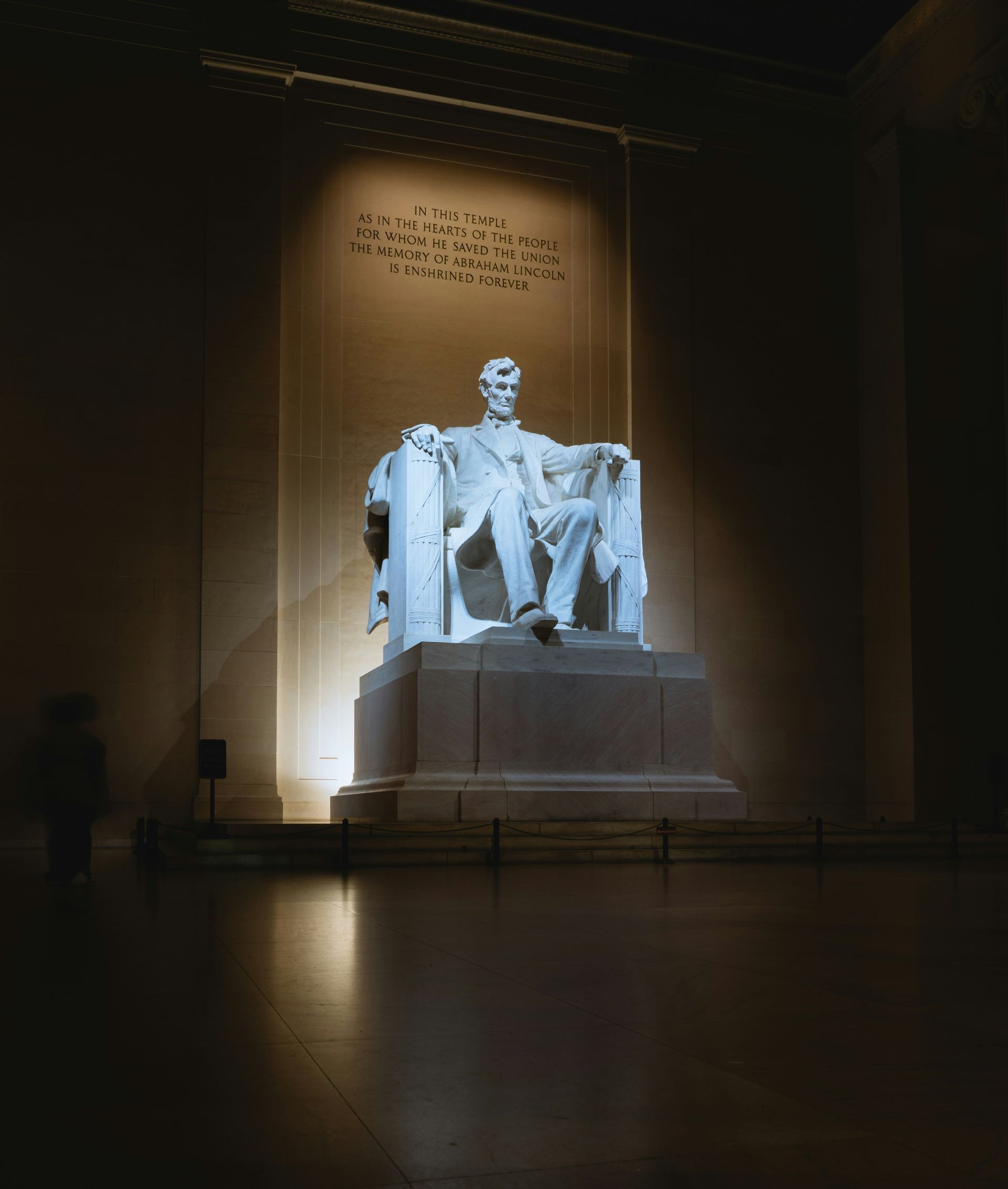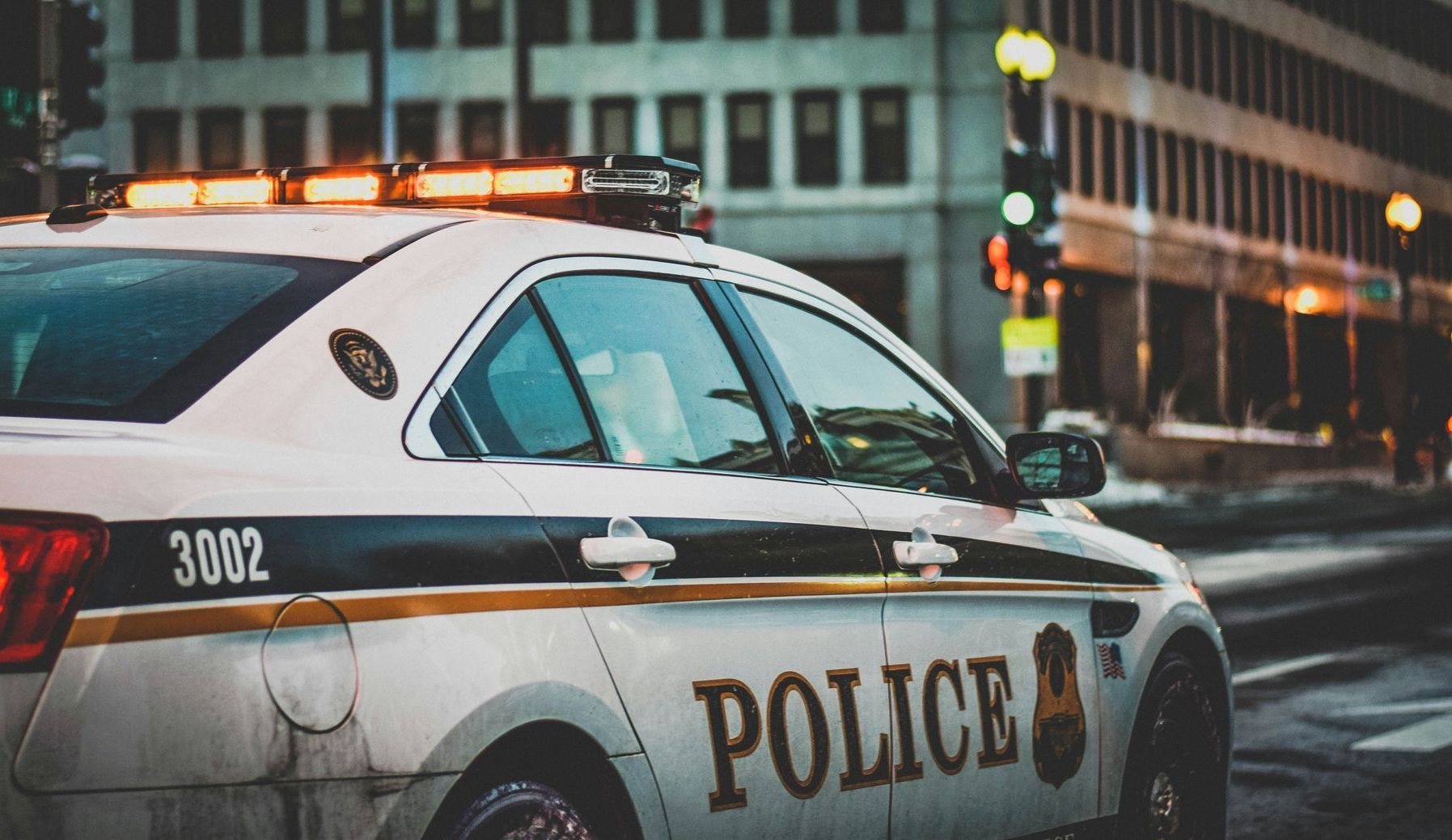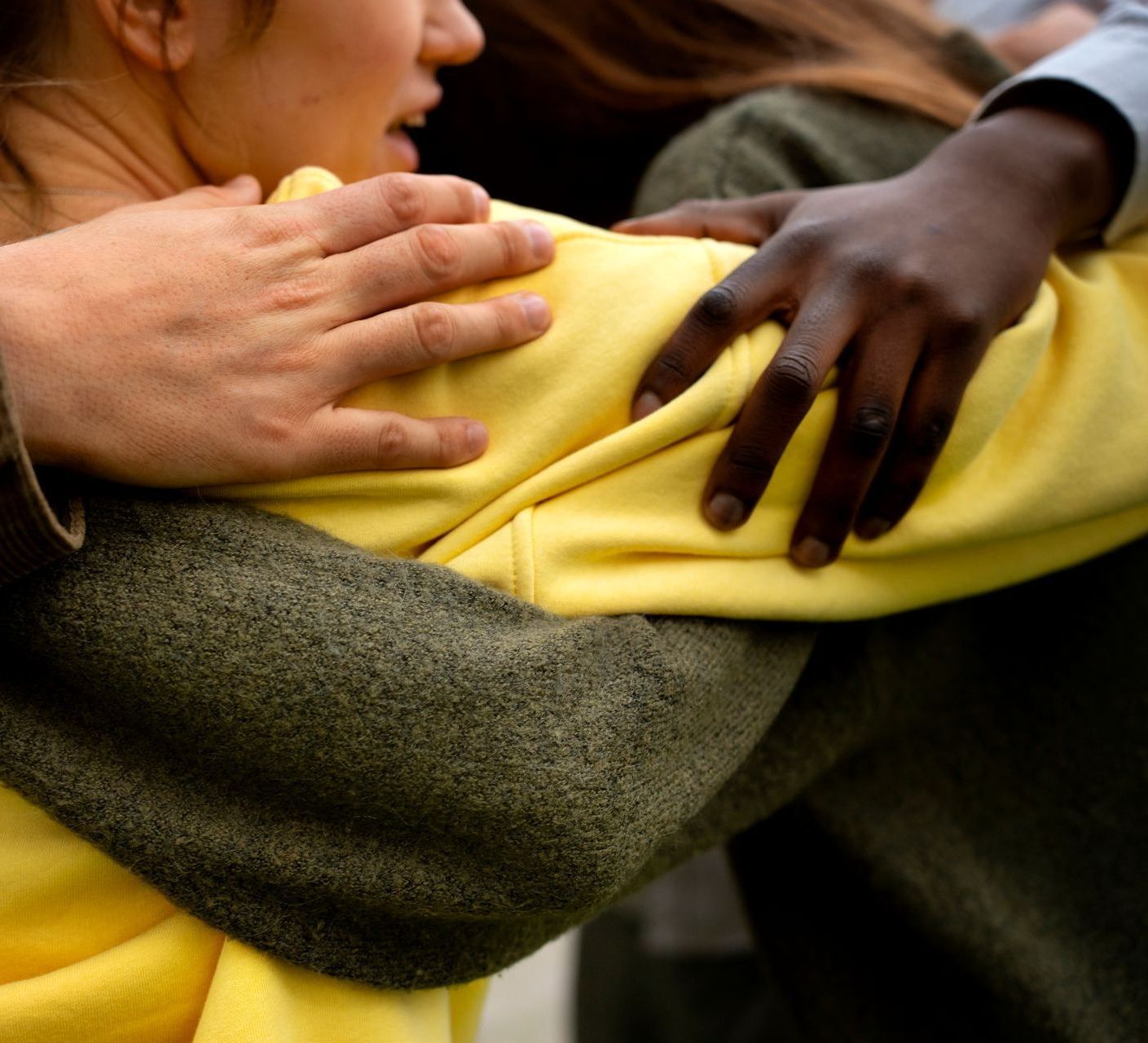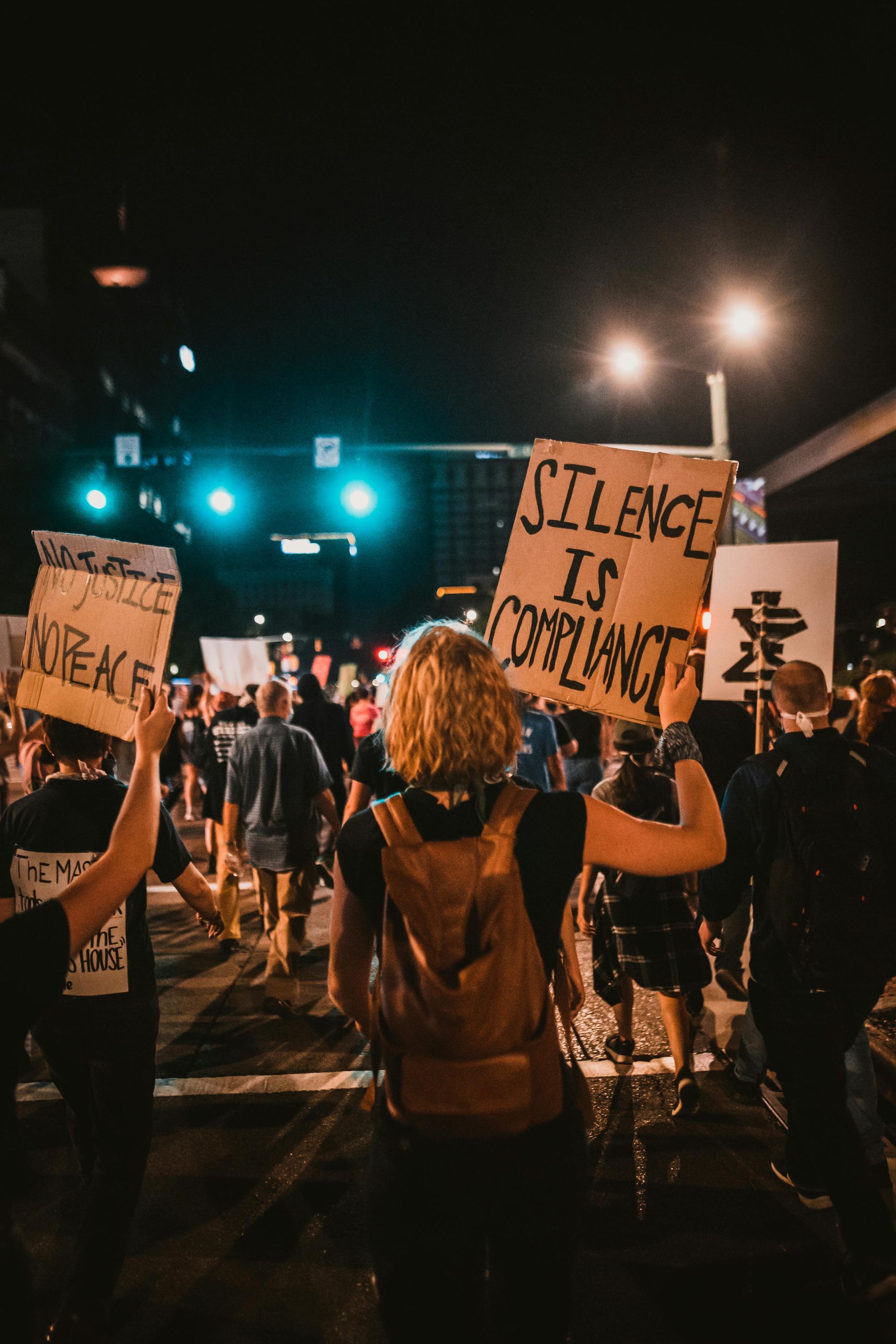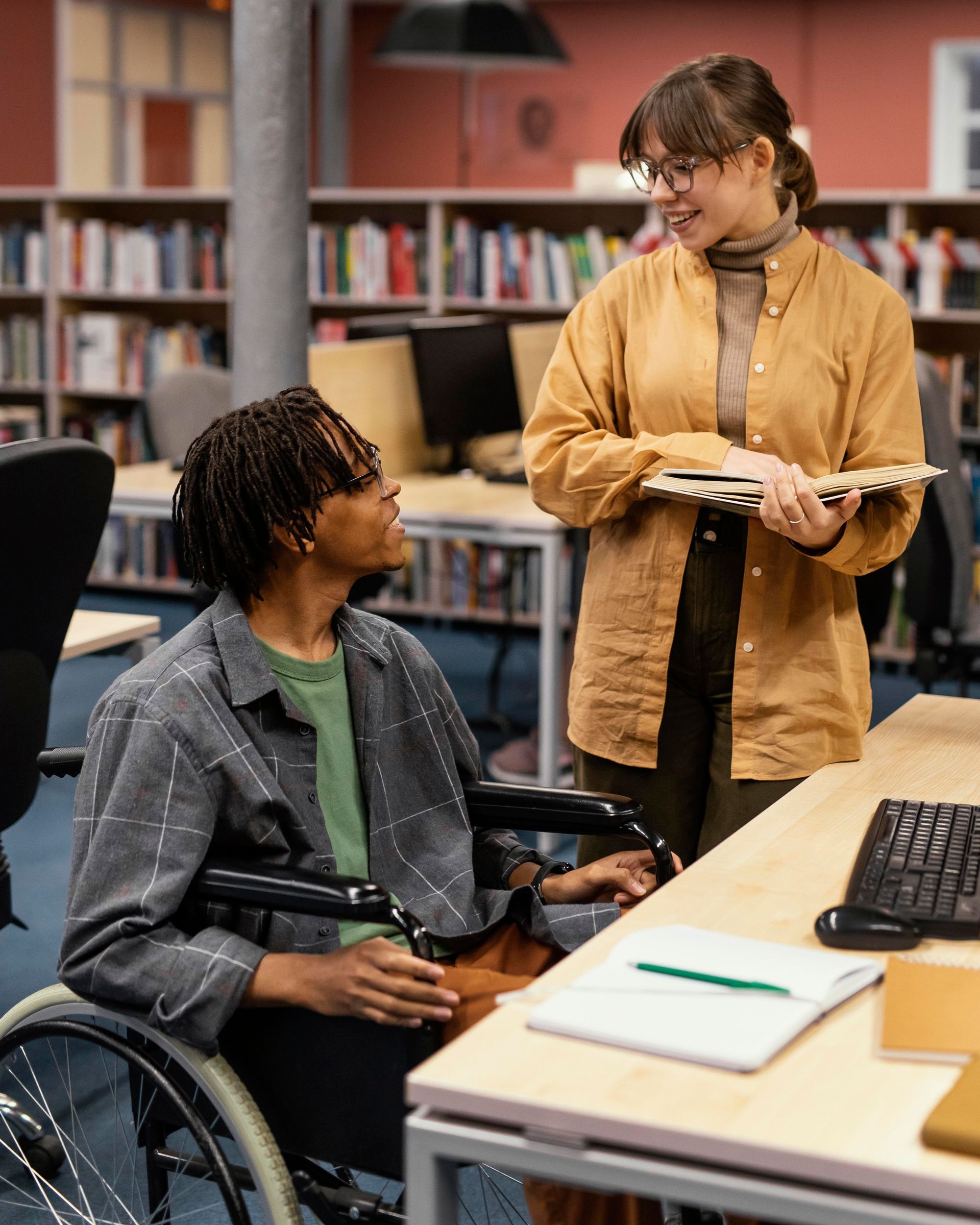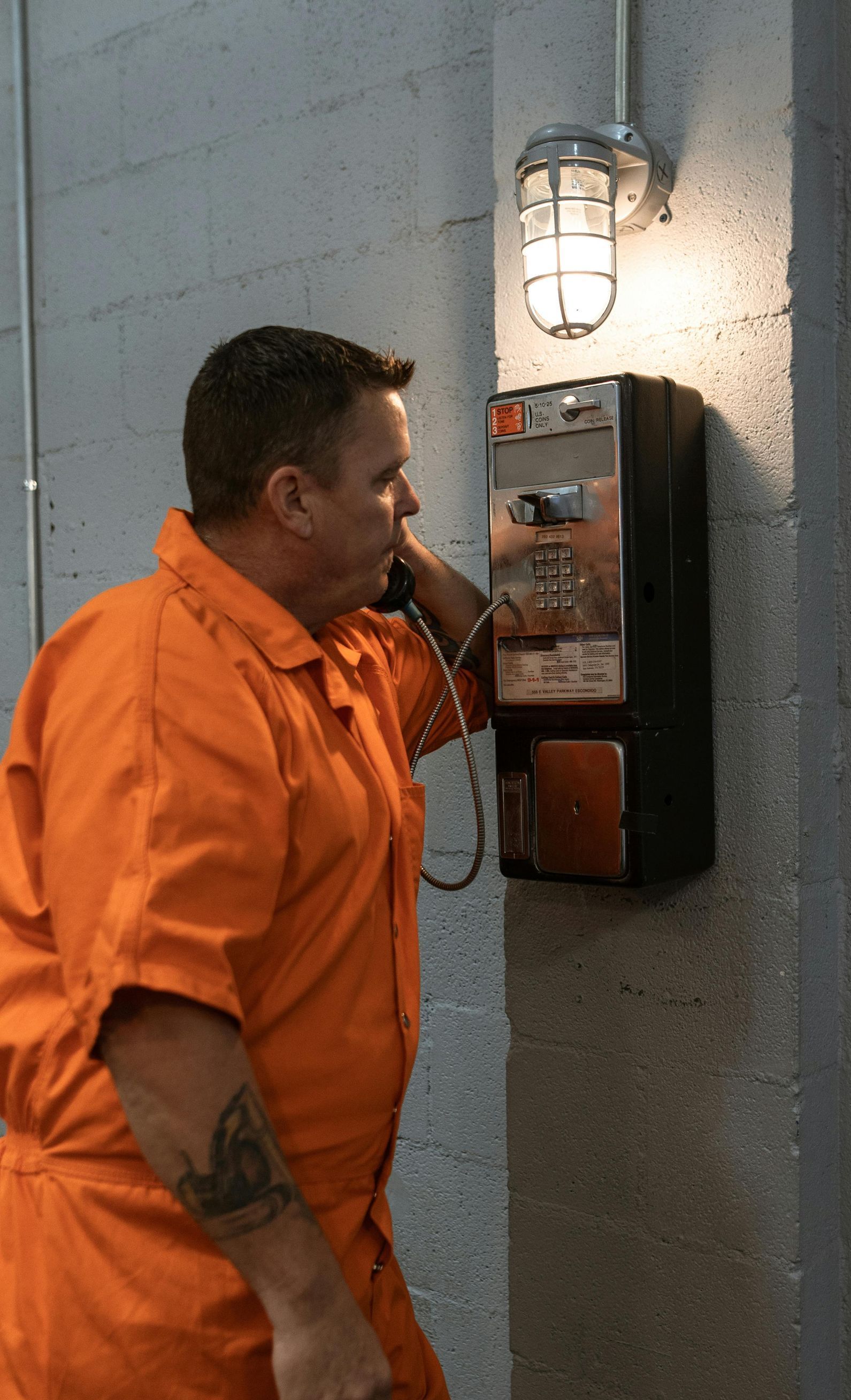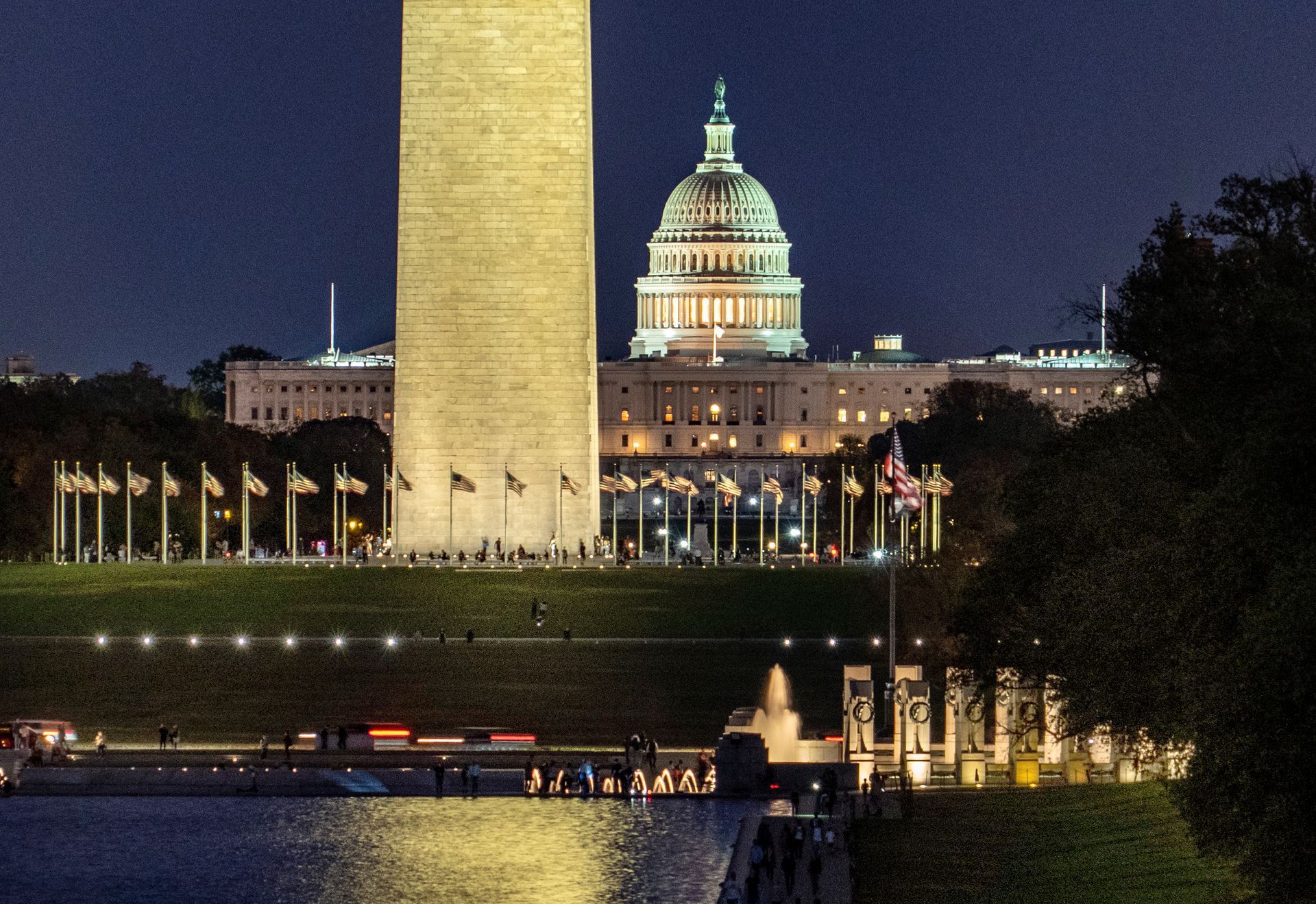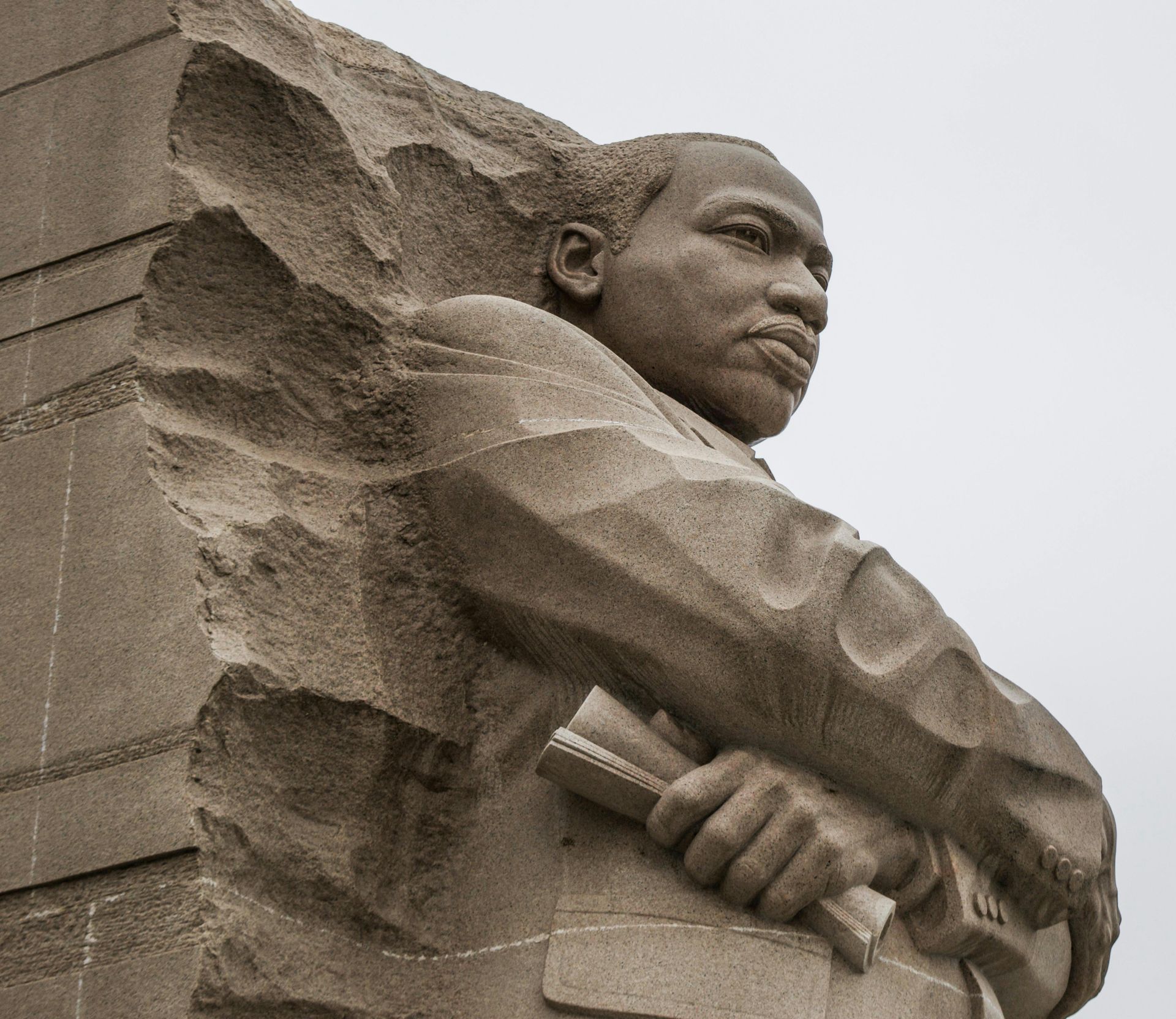Civil Rights Cases
/ Practice area
Fighting Discrimination and Injustice with Purpose and Precision
Discrimination
Police Misconduct
Freedom of Speech Violations
Voting Rights
Prisoner Rights
Disability Rights
Protecting civil rights is essential for equality and justice. Our dedicated team defends against discrimination, police misconduct, freedom of speech violations, voting rights issues, prisoner rights abuses, and disability rights violations. We strive to uphold fundamental freedoms and secure fair resolutions for those whose rights have been violated.
Discrimination
Discrimination based on race, gender, age, disability, or sexual orientation can have severe impacts on individuals' lives. A lawyer can help by investigating the incident, gathering evidence, and filing complaints with appropriate government agencies. They will represent you in negotiations or court, seeking remedies such as compensation, policy changes, or reinstatement to your job if applicable, ensuring that justice is served and your rights are upheld.
Police Misconduct
Victims of excessive force, wrongful arrest, or other forms of police misconduct need strong legal representation. A lawyer can help by collecting evidence, including video footage and witness statements, and filing a civil rights lawsuit against the offending officers and their departments. They will fight to hold law enforcement accountable, seeking compensation for physical and emotional injuries and working to prevent future misconduct through legal reforms.
Freedom of Speech Violations
Protecting the right to free speech is fundamental. A lawyer can help by evaluating whether your rights have been violated, advising on the best course of action, and representing you in legal proceedings. They will work to restore your right to free expression, seeking injunctions to prevent further violations and compensation for any damages suffered due to the unlawful restriction of your speech.
Voting Rights
Ensuring every eligible citizen has the right to vote is critical to our democracy. A lawyer can help by challenging laws or practices that suppress voter turnout, such as gerrymandering, restrictive ID requirements, or polling place closures. They will represent you in court, advocating for changes to ensure fair access to voting, and may work with civil rights organizations to promote broader electoral reforms.
Prisoner Rights
Inmates have rights that must be respected, even while incarcerated. A lawyer can help by investigating allegations of abuse, neglect, or denial of basic rights such as medical care. They will file lawsuits against responsible parties, advocate for improved prison conditions, and seek compensation for any harm suffered. By addressing these violations, they work to ensure that the rights and dignity of prisoners are protected.
Disability Rights
People with disabilities are entitled to equal access and opportunities. A lawyer can help by addressing violations of the Americans with Disabilities Act (ADA) or other relevant laws. They will advocate for accommodations in workplaces, schools, and public spaces, file complaints with government agencies, and represent you in court if necessary. Their goal is to ensure that individuals with disabilities receive the support and access they are legally entitled to, promoting inclusivity and equality.
FAQs
What kinds of cases does your firm handle under civil rights law?
At The Holzman Law Firm, LLC, we represent individuals in cases involving police misconduct, housing discrimination, employment discrimination, and other violations of constitutionally protected rights. Whether your case stems from federally assisted programs or local enforcement overreach, our firm stands ready to fight for justice.
What is the difference between civil liberties and civil rights?
Civil liberties are protections against government action (like freedom of speech), while civil rights involve equal treatment under the law—particularly for marginalized groups. So, civil rights vs liberties boils down to protection from government versus guarantees by government.
Are your services available for those seeking pro bono civil rights lawyers?
We believe everyone deserves justice, not just those who can afford it. While we can’t take every case pro bono, we review each matter carefully and do offer reduced-fee or contingency arrangements for qualifying clients seeking help from a civil rights attorney for police misconduct or housing injustice.
Do you handle cases involving police violence or misconduct?
Yes. If you’ve experienced excessive force, wrongful arrest, or harassment by law enforcement, you may have a claim under 42 USC § 1983. These cases are complex, but we are deeply familiar with both local patterns of abuse and the federal standards under Title VI of the Civil Rights Act.
How does the Civil Rights Act of 1964 apply today?
The Civil Rights Act of 1964 remains one of the most important tools for prohibiting discrimination in employment, education, and federally assisted programs. It was a revolutionary ban on discrimination based on race, color, religion, sex, or national origin. We continue to use this law to challenge modern injustices.
How has recent policy- like Trump executive orders on civil rights- impacted enforcement?
Actions like the DOJ civil rights litigation freeze and certain Trump executive orders have restricted federal protections and reshaped priorities. However, civil rights legislation at the state level, including historic laws like the Civil Rights Legislation of 1957 and the 1990 civil rights legislation (for short), continue to provide critical protection for people aggrieved by discriminatory practices.
Is the Civil rights movement capitalized in legal or academic writing?
Yes, when referring to the historical period, the Civil Rights Movement is typically capitalized. Understanding these distinctions matters, especially in formal legal pleadings and briefs where historical context strengthens claims.
How do I know if I have a case under civil rights law?
If you’ve been denied housing, employment, or public services based on race, color, or national origin, or if you’ve been mistreated by a government agency or official, you may have a claim. Our firm helps determine if your rights under the Administrative Procedure Act, Title VI, or other statutes have been violated—and we take action accordingly.
